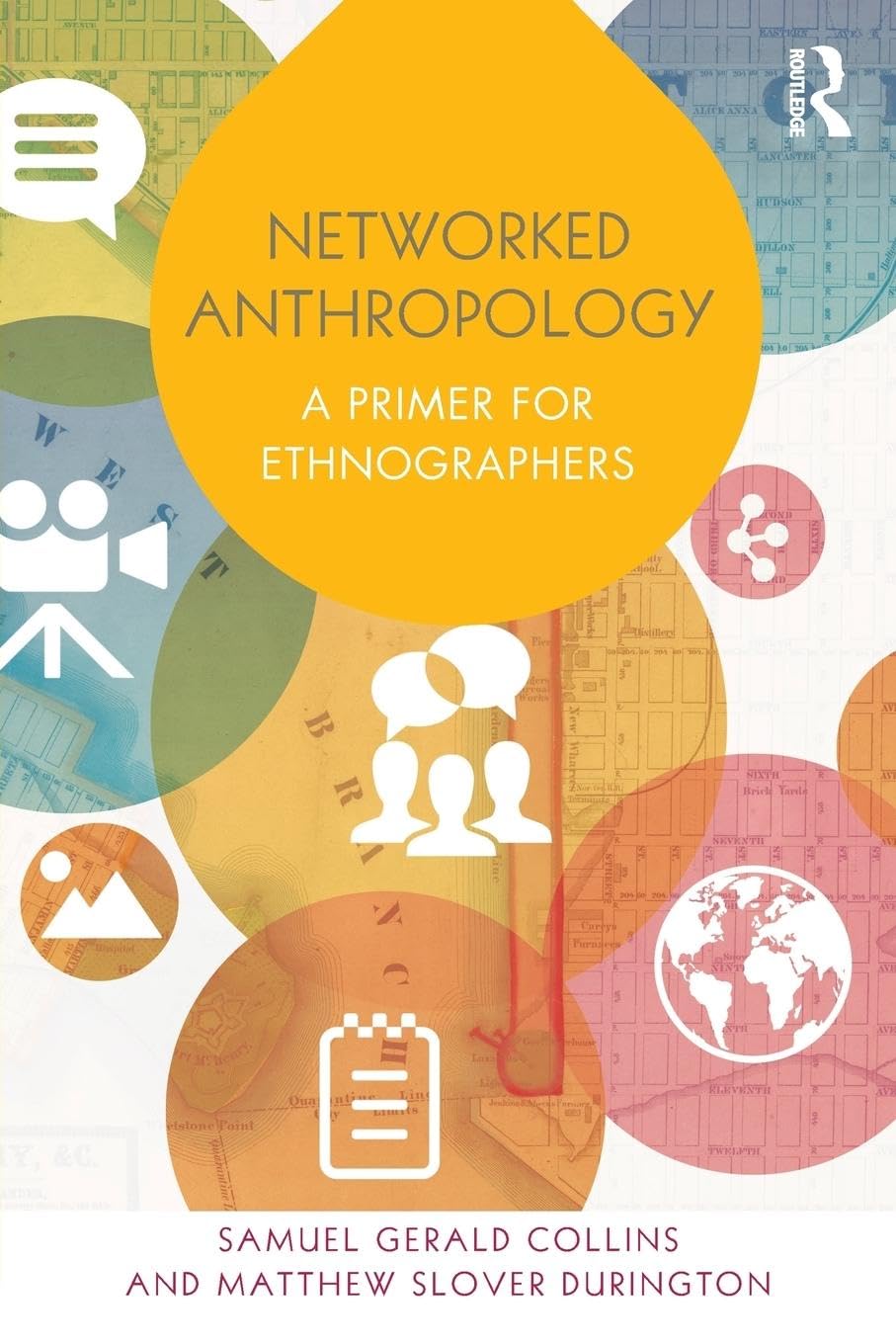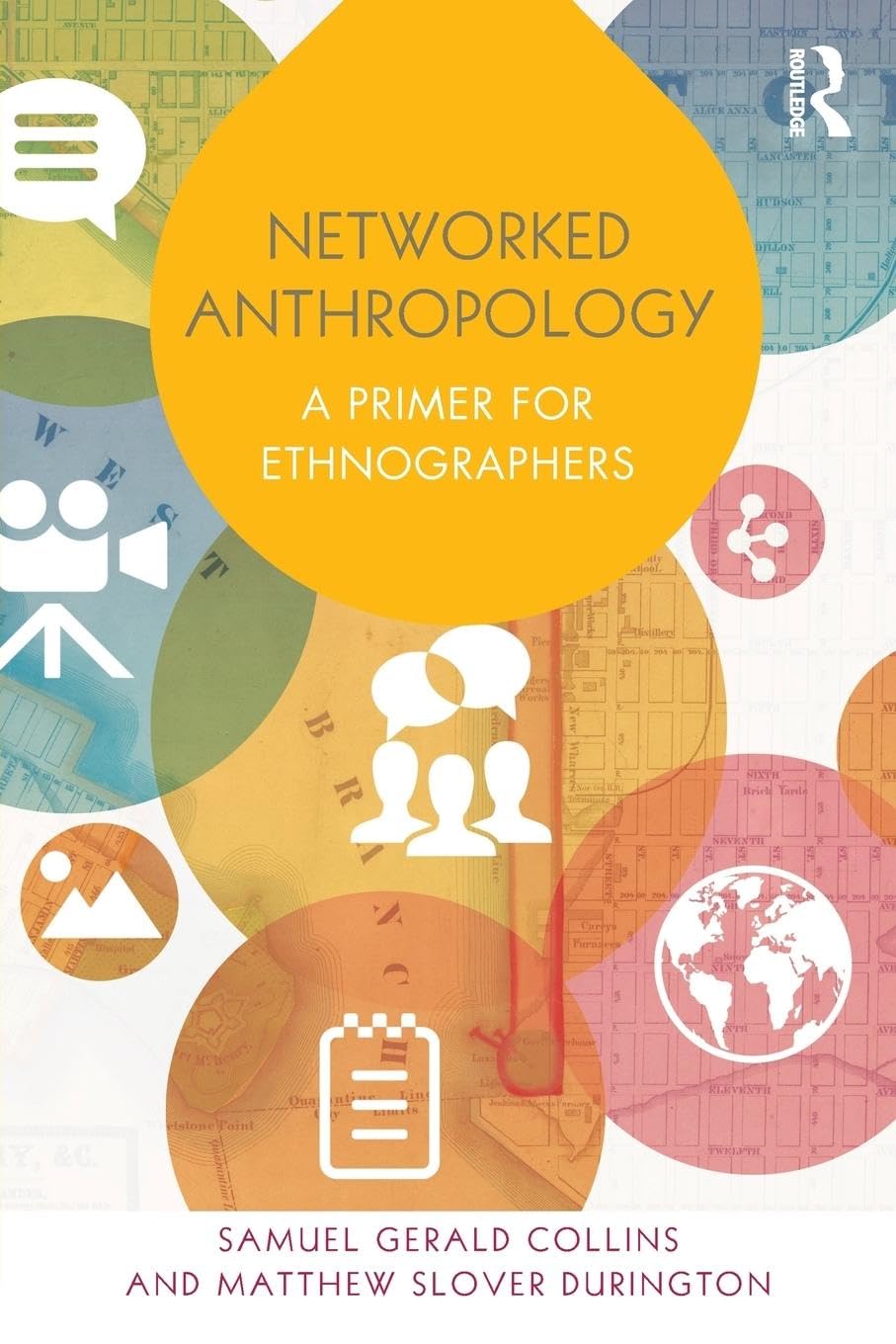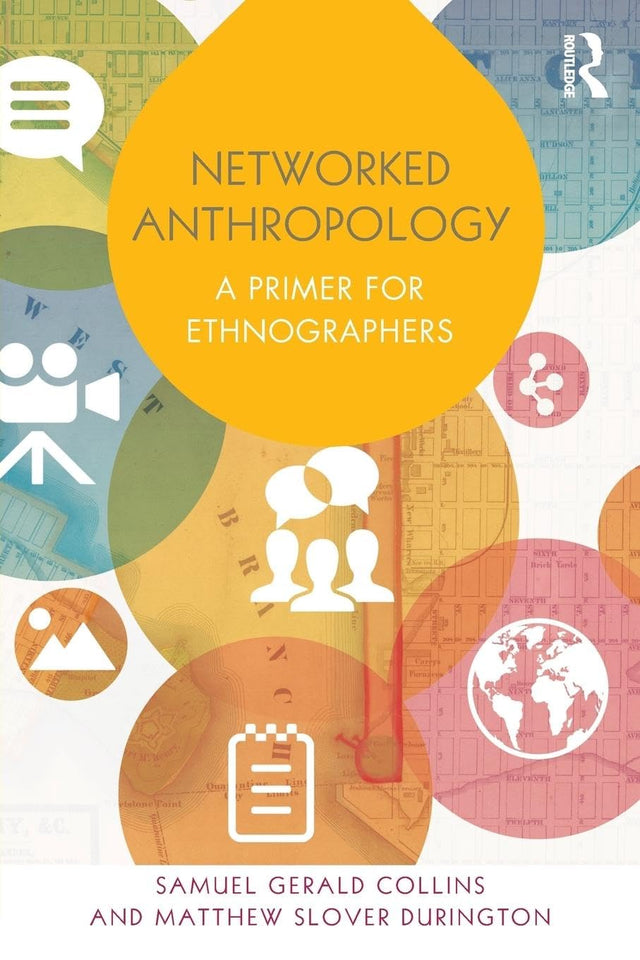Networked Anthropology: A Primer for Ethnographers
Networked Anthropology: A Primer for Ethnographers is backordered and will ship as soon as it is back in stock.
Couldn't load pickup availability
Genuine Products Guarantee
Genuine Products Guarantee
We guarantee 100% genuine products, and if proven otherwise, we will compensate you with 10 times the product's cost.
Delivery and Shipping
Delivery and Shipping
Products are generally ready for dispatch within 1 day and typically reach you in 3 to 5 days.
Book Details
-
Author: Samuel Gerald Collins
-
Brand: Routledge
-
Edition: 1st Edition
-
Binding: Paperback
-
Format: Illustrated
-
Number of Pages: 184
-
Release Date: 19-08-2014
-
ISBN: 9780415821759
-
Languages: English
-
Dimensions: 8.3 x 5.5 x 0.4 inches
About The Book
Networked Anthropology by Samuel Gerald Collins delves into the evolving intersection of anthropology and social media, offering a forward-thinking exploration of how digital platforms have transformed ethnographic research and teaching. This illustrated 1st Edition provides both theoretical insights and practical guidance on how anthropologists can engage with the opportunities and challenges posed by new media technologies.
The book addresses the growing use of multimedia and social media platforms in anthropological research, exploring the concept of "network ecologies" and the ethical dilemmas involved in conducting research within these spaces. Through a blend of case studies, methodological sketches, and pedagogical notes, Collins provides a comprehensive guide to creative, multimedia methodologies that enrich ethnographic work.
With contributions from leading anthropologists, Networked Anthropology offers practical advice on integrating digital tools and social media into fieldwork, and considers how these innovations can shape the future of ethnography, both inside the classroom and in the field. This book is an essential read for anthropologists and scholars seeking to stay at the forefront of research methods in the digital age.





